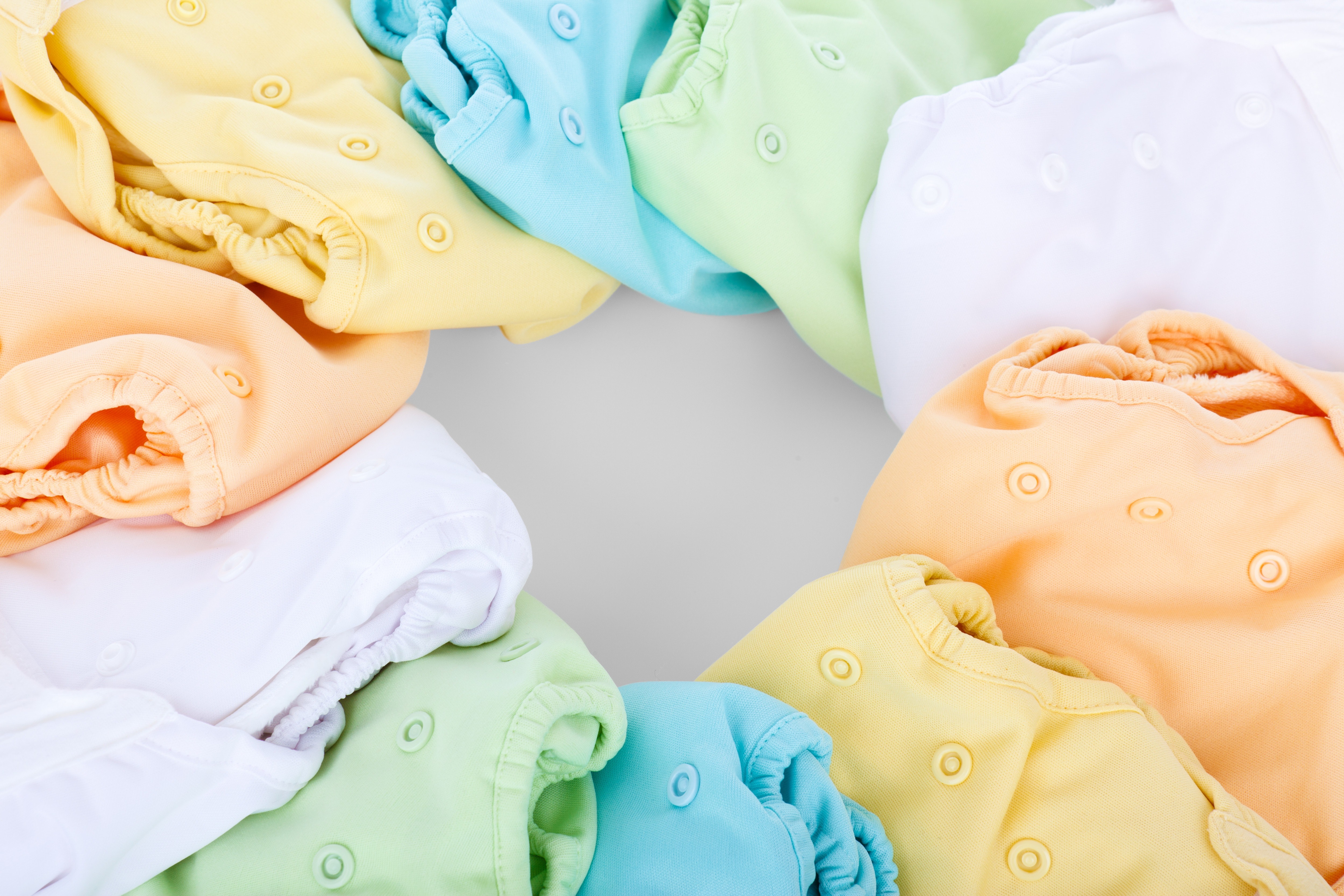
Clean Water Action and Clean Water Fund are recognizing the people and organizations who have made choices that have prevented pollution from entering our environment. Some actions are big, some are small, but all of them matter.
Want to nominate an individual or a company? Visit this page to complete the form.
Do Good Diapers is a Minnesota local business that specializes in cloth and compostable diapers.
The Mission: To make cloth diapering easy, affordable, and convenient for parents.
Pollution Prevention Accomplishment: Over the past year, Do Good Diapers has estimated they have kept 1,000,000 diapers out of the waste stream. Along with making family lives a little bit greener, Do Good Diapers is motivated to be more environmentally friendly by providing prevention of wastes and resources.
- Comfort & health: a cloth diaper is 100% natural cotton. The average diaper is disposable and contains a combination of treated paper pulp, polyethylene (plastics), glues, dyes, synthetic perfumes, and sodium polyacrylate (absorbent chemical).
- Conservation: Every year, over 18,000,000,000 diapers are thrown into landfills. It takes up to 500 years for a single use diaper to decompose. One child in disposable diapers will require 20 trees, 420 gallons of petroleum, and generate one ton of garbage. Furthermore, disposable diapers damage forests and fossil fuel supplies. The emission of carbon dioxide and methane from landfills contributes to global warming. On the other hand, a disposable diaper is between 2-4% of solid waste in the nation’s landfills.
- Convenience: Cloth diapers can be picked up and dropped off at the doorstep (present or not present) by Do Good Diapers.
- Cost: Cloth diapers save an estimate from 1,000-2,000 over a three year period depending on whether the diapers are laundered (at home or with services). It is also important to take into account when the child is potty trained.
What it takes to accomplish it:
- Compost Process
- Collecting the diapers to bring to the facility (diapers cannot be put into curbside composting)
- Combined with other organic material
- Mother nature breaks down the contents into dirt
- Compost sent through a screen to remove any leftover material (adhesive tabs cannot break down)
- Passing RDIA Diaper Service Accreditation: business standards are meet within national practice standards (safe laundering practices)
- Submitting their diapers into an independent lab for multiple tests to receive accreditation
- Tests included sanitation, bacteria, pH, and absorbance
- Washing Process: Using environmentally friendly cleaning solution and meeting RDIA standards
- Use fresh water
- Cleaning solution has no dyes, perfumes, or phosphates
- Minimum 7 wash and rinse cycle
- Water heated to 160 degrees F
- Uses less resource than home washing
- Lab test
- Ensure consistent quality
- Independent labs tested for residue, absorbency, bacteria, pH balance, and sanitation
- Home delivery process:
- Convenient for the customer - fewer trips to the store
- The dirty diapers are placed in a pail and placed outside for pick up once a week. The driver will switch the dirty diaper with a fresh order of clean diapers.
- The first two weeks consist of a full order of diapers delivered
*Subsequent weeks diapers delivered are equivalent to the number of diapers returned- Majority of clients use between 65-80 diapers a week. Newborn clients start with 80 diapers a week and are adjusted as needed.
- Options of diapers and style: allows making preferences for easy use
Challenges:
Do Good Diapers discovered that there is more involved working with cloth and compostable diapers. “When we started, we didn’t know what we didn’t know. I wish I would have known how much science is involved with washing anything. It seems like a no brainer now, but most of us don’t think about the chemistry, etc. involved with washing anything...It has made us more aware and prepare us to ask more questions”” - Do Good Diapers (August 8, 2018). Personal communication.
What's next?
- Improving environmental stewardship, especially as they replace old equipment
- Becoming more economically viable
- Using reclaimed water and heat
Clean Water Action, in cooperation with Clean Water Fund, have reviewed publically available information presented by the companies and individuals highlighted in the Profiles in Prevention. We have provided this information to the companies and individuals for review. Being highlighted in Profiles in Prevention does not indicate any endorsement of the company or any of its products. Clean Water Action is not responsible for any misinformation that may be presented in the original source documents. For any questions, please email cwa(at)cleanwater(.)org.
